A Windfall for Iran?
As Iran enters its new economic status quo, the question arises as to whether the nation will realise its potential by opening itself up to the world, or whether the elite will stifle global engagement.
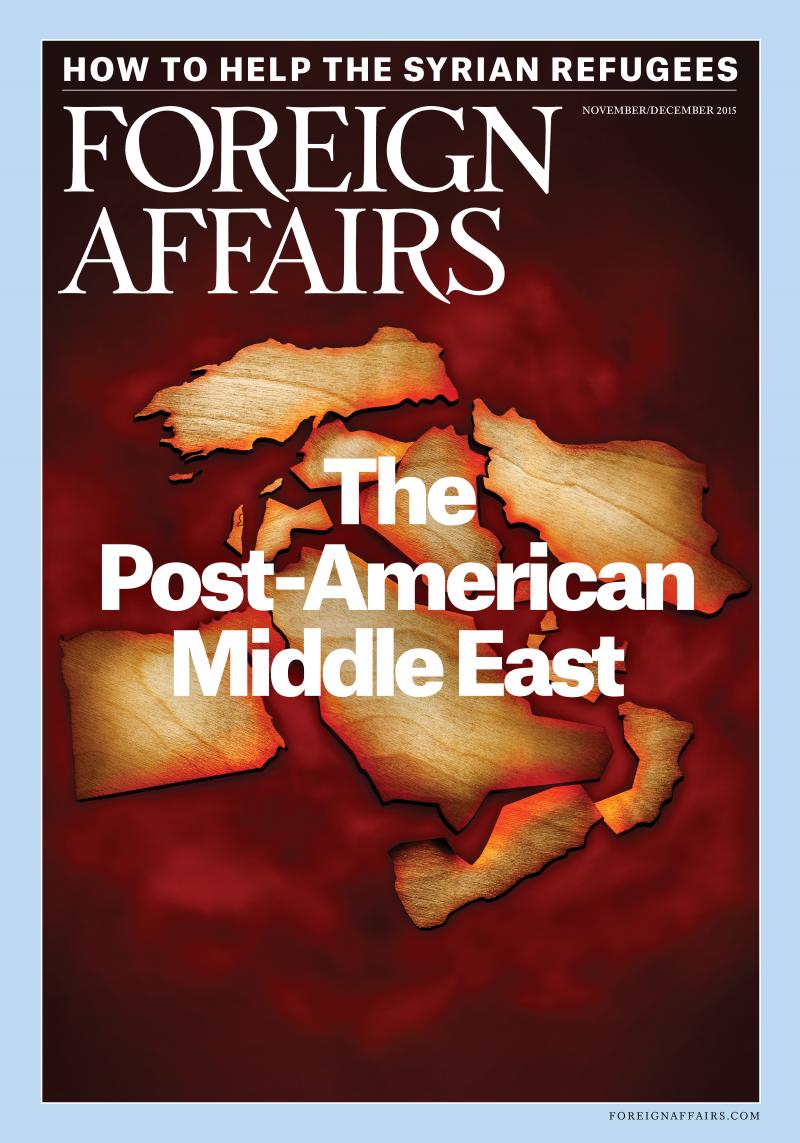 Courtesy: Foreign Affairs
Courtesy: Foreign Affairs
As Iran enters its new economic status quo, the question arises as to whether the nation will realise its potential by opening itself up to the world, or whether the elite will stifle global engagement.
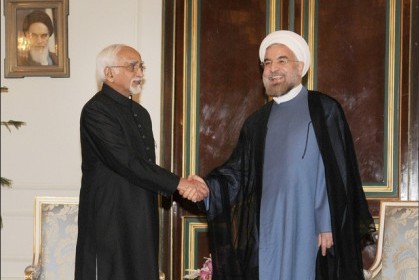 Courtesy: MEA Flickr
Courtesy: MEA Flickr
The strategic and geopolitical importance of Iran’s Chabahar Port is not lost on India. It is for this reason that India is keen to partner with Iran on investing in developing berths at the Port. Although the relationship between the two have had its ups and downs, it is time that with a nuclear deal in place between Iran and the P5+1, India realises that it has much more at stake in its relationship with Tehran.
 Courtesy: Wikipedia
Courtesy: Wikipedia
The sanctions against Iran impacted the country’s oil, banking, aviation, and other sectors, and had a major humanitarian impact. But neither is armed attack a more suitable method in most instances to address allegedly recalcitrant states. What then is the middle ground? And can the UNSC assume a more proactive role in this context?
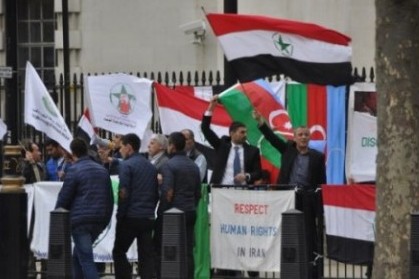 Courtesy:
Courtesy:
While the lifting of economic sanctions after Iran’s recent nuclear deal with the P5+1 countries may improve socio-economic conditions, will it also positively impact human rights in the country?
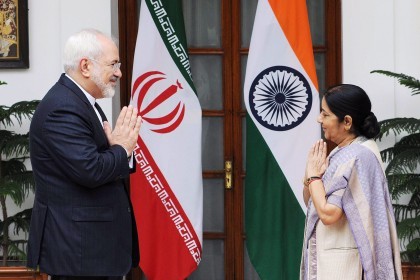 Courtesy: East Asia Forum
Courtesy: East Asia Forum
The nuclear deal with Iran benefits India and Pakistan in terms of energy security and connectivity. But both countries also face challenges in their prospective engagement with Tehran, and both will have to tread carefully while using the new opportunities.
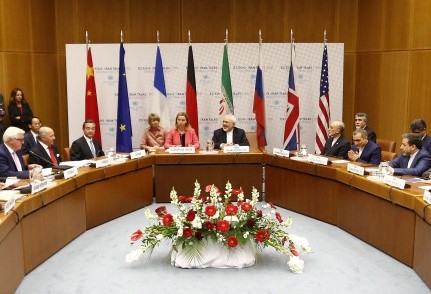 Courtesy: Europe, Integration and Foreign Affairs/Wikipedia
Courtesy: Europe, Integration and Foreign Affairs/Wikipedia
A month after Iran’s milestone nuclear deal with the P5+1 countries, the fine print is being scrutinised by hardliners in Iran and the deal will eventually be prepared for implementation by President Rouhani’s government. India, poised to revitalise bilateral trade, will be among many countries that can now benefit from robust business ties with the Persian Gulf country.
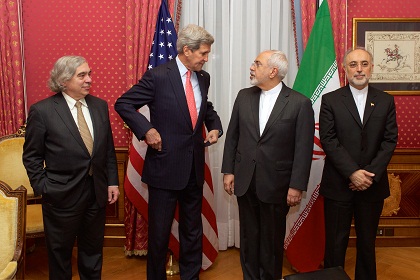 Courtesy: Wikipedia
Courtesy: Wikipedia
A journey which began in Istanbul in 2012 ended in triumph in Vienna in July 2014, as the P5+1 countries and Iran announced a Joint Plan of Comprehensive action that would see Iran free of all economic sanctions while upholding the right to a civil nuclear programme. While this journey, fraught with challenges, technically is over, the ratification battle in the U.S. congress commences now
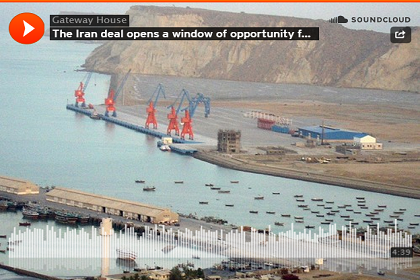 Courtesy:
Courtesy:
Amit Bhandari, energy and environment fellow, speaks to Dev Lewis, Gateway House, on the impact of the Iran deal on global energy markets. He also outlines why this is a window of opportunity for Indian business
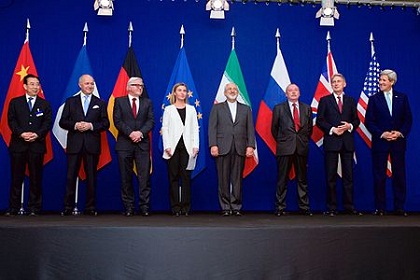 Courtesy: Wikipedia
Courtesy: Wikipedia
The landmark deal between Iran and the P5+1 countries will gradually phase out all international sanctions on Iran and pave the way for Iran's re-entry into the global economy. How will this affect the chaos in the middle-east and what are the opportunities for India?
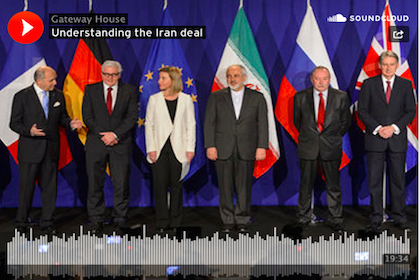 Courtesy:
Courtesy:
After 12 years of negotiations on Iran's civilian nuclear program between Iran and the P5+1 countries, a Joint Comprehensive Plan of Action (JCPOA) was announced on July 14. Neelam Deo, Director, Gateway House, sits down with Dev Lewis, Gateway House, to discuss the agreement, how the sanctions will be lifted, and what a re-emerged Iran means for India and the middle-east